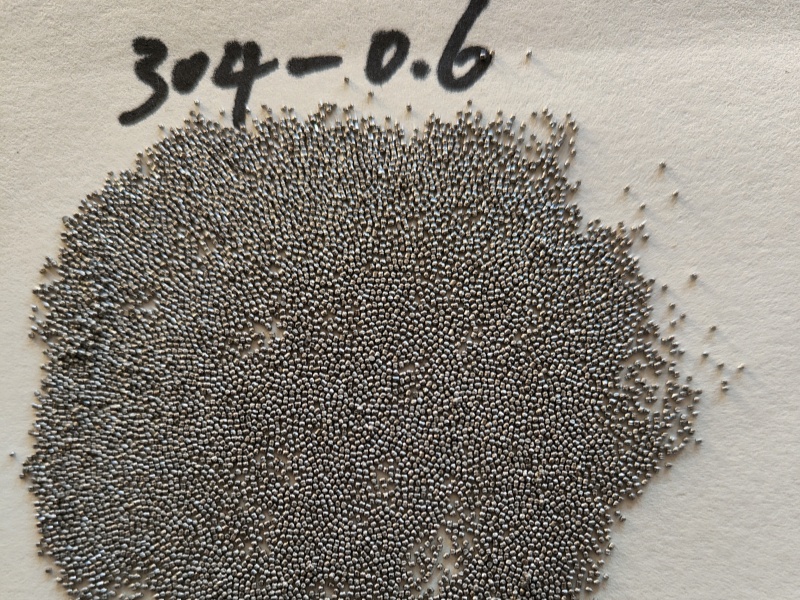Hotline
+86-136 8495 9862
Email:cennia@szmizhi.com
Add::104,Building 27,Third Industrial Zone, Longxi Community,Longgang District,Shenzhen,China.
Coil Forming & Handling Equipment
Surface Treatment Equipment
Solutions
Application
About Us

Welcome to MIZHI
For consultation/feedback, please call the service hotline: +86-136 8495 9862 Email:cennia@szmizhi.com

What are the common materials used for shot blasting?

Shot blasting uses a variety of abrasive materials to clean, prepare, or finish surfaces. The choice of material depends on the application, workpiece type, and desired surface finish. Here are the common materials used for shot blasting:
1. Steel Shot
Material: High-carbon or stainless steel.
Shape: Spherical.
Applications: Cleaning, descaling, surface preparation, and shot peening.
Advantages: Durable, reusable, and suitable for heavy-duty tasks.
2. Steel Grit
Material: High-carbon steel.
Shape: Angular.
Applications: Removing heavy rust, scale, or coatings; surface profiling.
Advantages: Aggressive cutting action for fast material removal.
3. Glass Beads
Material: Soda-lime glass.
Shape: Spherical.
Applications: Cleaning, polishing, and peening delicate surfaces.
Advantages: Non-embedding, produces a bright, satin finish.
4. Aluminum Oxide
Material: Synthetic abrasive.
Shape: Angular.
Applications: Cleaning and finishing non-ferrous metals; surface preparation.
Advantages: Hard and sharp, ideal for precision work.
5. Silicon Carbide
Material: Synthetic abrasive.
Shape: Angular.
Applications: High-precision finishing of hard materials like ceramics.
Advantages: Extremely hard, provides a fine finish.
6. Ceramic Beads
Material: Zirconium oxide or other ceramics.
Shape: Spherical.
Applications: Aerospace and medical component finishing.
Advantages: Durable, consistent, and high-quality finish.
7. Garnet
Material: Natural mineral.
Shape: Angular.
Applications: Surface preparation and wet blasting.
Advantages: Eco-friendly and non-toxic.
8. Plastic Abrasives
Material: Polycarbonate or polyurethane.
Shape: Spherical or angular.
Applications: Cleaning and finishing soft materials like plastics.
Advantages: Gentle on surfaces, reusable.
9. Walnut Shells
Material: Crushed walnut shells.
Shape: Irregular.
Applications: Cleaning and polishing soft metals or plastics.
Advantages: Biodegradable and eco-friendly.
10. Corn Cob Grit
Material: Crushed corn cobs.
Shape: Irregular.
Applications: Light cleaning and polishing.
Advantages: Soft and biodegradable.
Key Factors for Selection
Workpiece Material: Harder materials require harder abrasives (e.g., steel shot), while softer materials need gentler options (e.g., glass beads).
Surface Finish: Fine finishes require smoother abrasives, while rough surfaces need aggressive media.
Application: Cleaning, deburring, peening, or polishing each require specific abrasives.
If you need more details or recommendations for your application, feel free to ask!